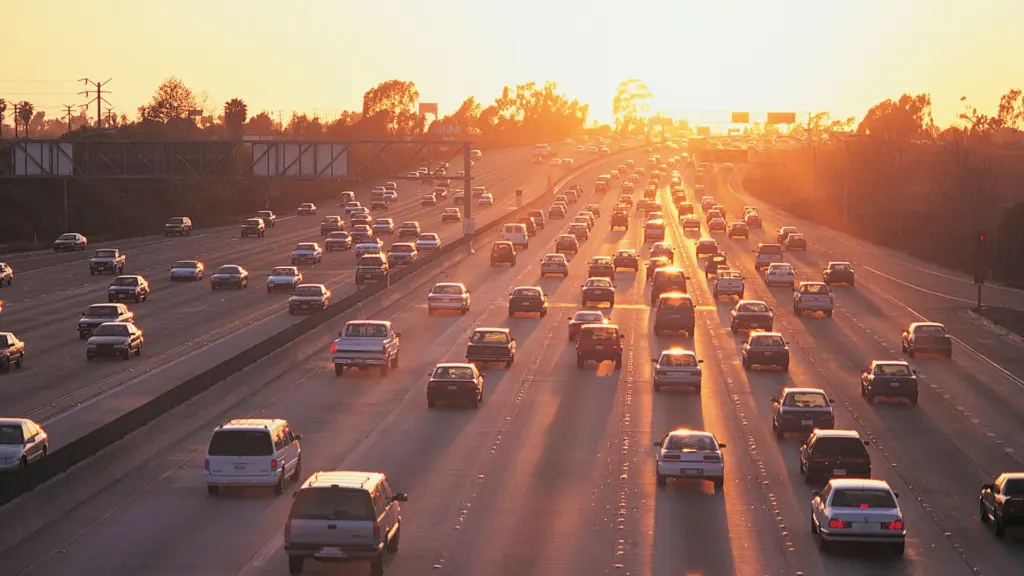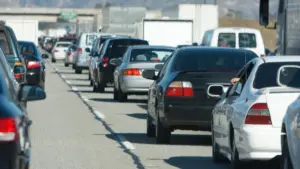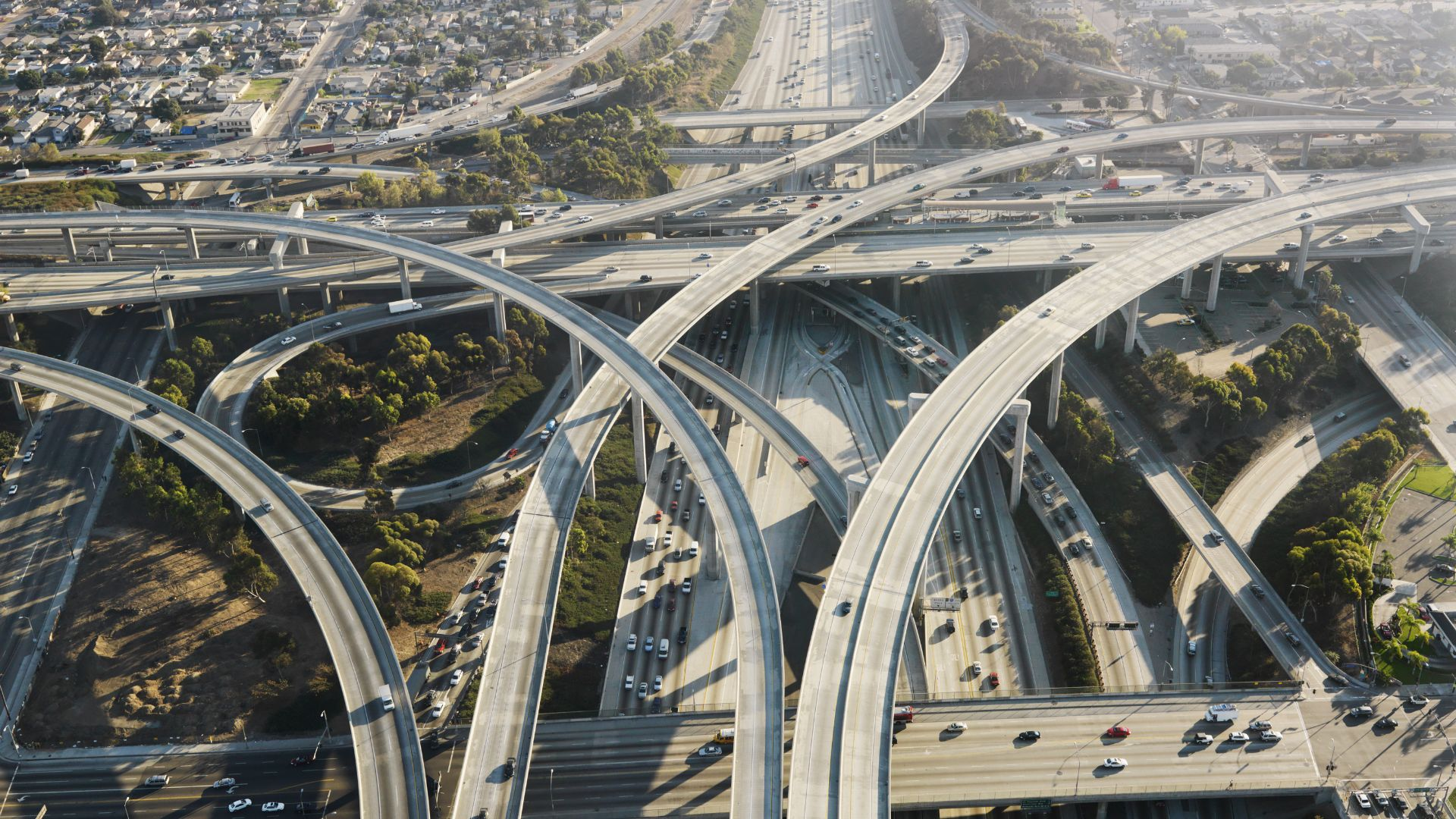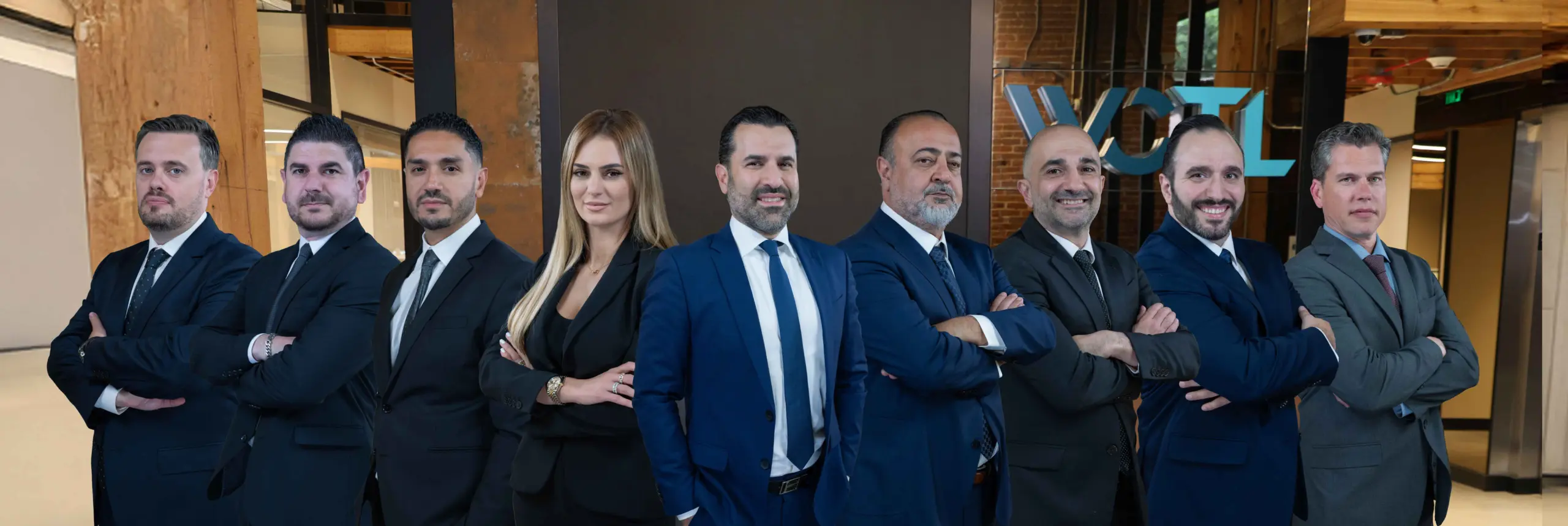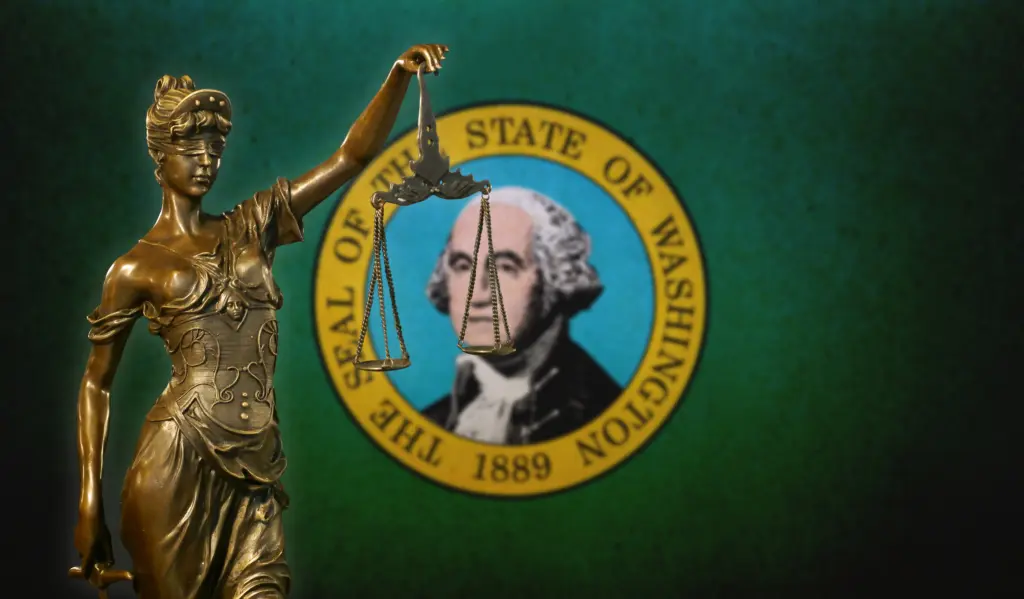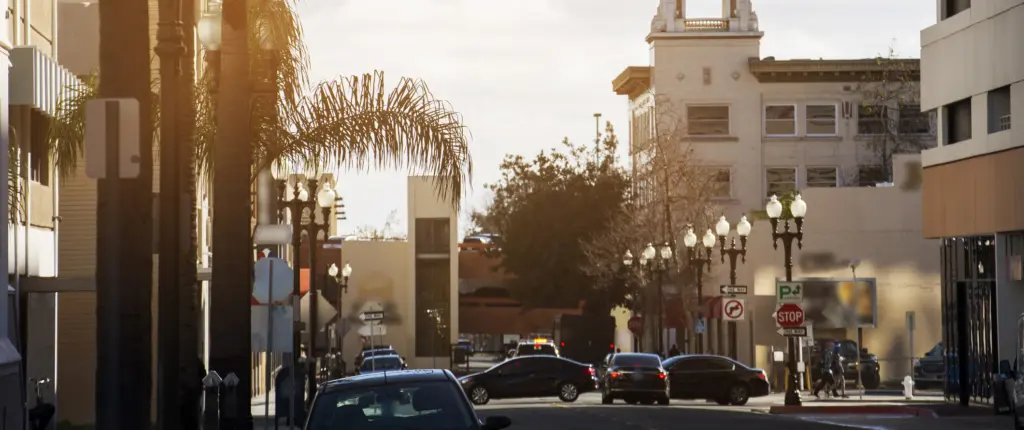At West Coast Trial Lawyers, we represent clients who’ve been injured on California’s roads every day. We’ve noticed one of the most common confusions lies in knowing the difference between a freeway and a highway. While many drivers use these terms interchangeably, they have specific distinctions that impact everything from speed limits to access points. In this 2025 guide, we break down these differences in detail, providing you with clear and updated information.
What Is a Highway?
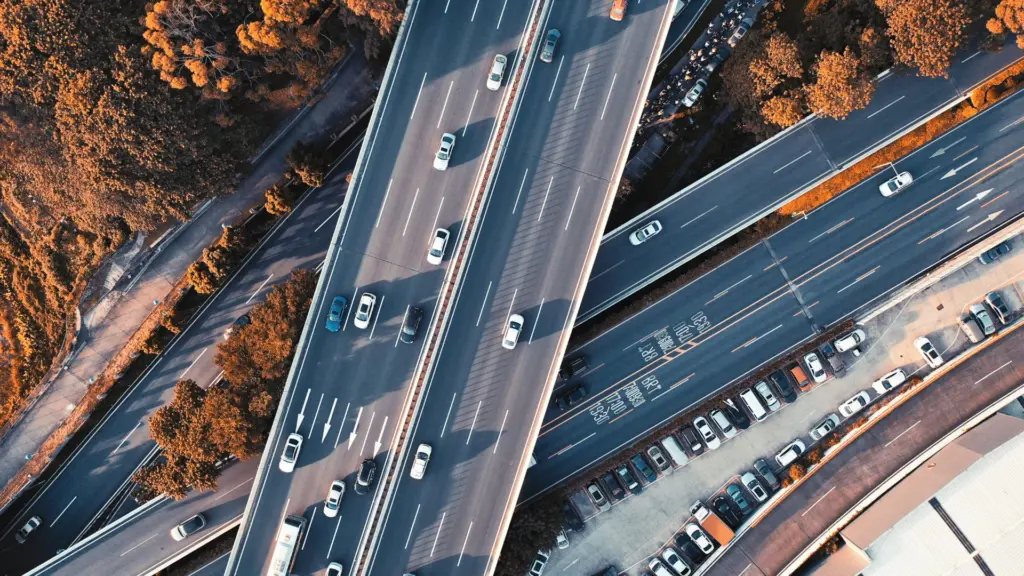
A highway is a general term that refers to any public or private road that connects different locations and facilitates transportation. Highways may be two-lane roads, multi-lane divided roads, or limited-access roads. What makes a highway unique is that it can include intersections, traffic signals, and even pedestrian crossings depending on its classification.
Highways are usually funded and maintained by state or federal agencies, and their design may vary greatly. For example, U.S. Routes and State Highways fall under this umbrella. They often pass through towns and cities, intersecting with local roads, and can include at-grade crossings, which means stop signs or lights might control traffic at intersections.
Key characteristics of highways:
- Can have traffic lights and stop signs
- May include crosswalks and driveways
- Not always limited-access
- Speed limits vary, generally between 35 to 65 mph
- May be urban or rural
What Is a Freeway?
A freeway is a specific type of highway, but with stricter design standards and usage limitations. Freeways are fully controlled-access highways, meaning they do not have traffic lights, stop signs, intersections, or crosswalks. Instead, they use on-ramps and off-ramps to manage vehicle entry and exit. This design allows for uninterrupted traffic flow, making them the safest and fastest type of road for long-distance travel.
Freeways are often part of the Interstate Highway System, though not exclusively. Many state routes are also designed as freeways. Basically, all freeways are highways, but not all highways are freeways.
Features of a freeway:
- No traffic lights or stop signs
- Access via ramps only
- Multiple lanes in each direction
- Median barriers for opposing traffic
- Speed limits typically range from 55 to 75 mph
- Pedestrians and cyclists are prohibited
Legal Differences: Highway vs Freeway
From a legal standpoint, the difference between a freeway and a highway can determine what types of vehicles are permitted, whether pedestrians can cross, and what regulations apply to construction or accidents. For example, California Vehicle Code Section 360 defines a highway as any way or place open to the use of the public for vehicular travel, while Section 332 defines a freeway as a highway with full control of access.
In practice, this means that law enforcement, insurance companies, and courts treat incidents differently depending on the road type. A collision at an uncontrolled intersection on a highway might involve shared liability, whereas an accident on a freeway will likely be subject to clearer right-of-way and speed regulations.
The difference also affects the duty of care owed by public agencies or contractors—since freeways must meet higher engineering and safety standards, poor design or maintenance could lead to government liability if it contributes to an accident.
Design Differences: Access, Speed, and Structure
Access Control
Freeways are strictly limited-access, with vehicles only able to enter or exit at designated interchanges. This keeps the flow of traffic smooth and reduces the risk of accidents from sudden stops or turning vehicles.
Highways, by contrast, often have direct access points. Vehicles can enter and exit from driveways, side streets, or intersections (creating a busier and potentially hazardous traffic pattern.)
Speed and Efficiency
Freeways are designed for high-speed travel without interruptions. Their lanes are wider, their curves are gentler, and there are no stoplights or intersections to disrupt movement.
Highways, especially those passing through populated areas, are often slower due to traffic signals, stop signs, or local congestion.
Structural Differences
Freeways tend to include:
- Sound barriers
- Shoulders and breakdown lanes
- Overpasses and underpasses
- Signage for exit numbers and rest stops
Highways might include:
- Street-level intersections
- Crosswalks
- Mixed-use lanes (e.g., turning lanes or center left-turn lanes)
Are Expressways the Same as Freeways?
This is another area of confusion. An expressway is similar to a freeway but may not be fully access-controlled. For example, it might have some intersections or pedestrian crossings, though it still generally offers limited access. Expressways may serve as a hybrid between a highway and a freeway, depending on the region.
In some states, the term “expressway” is used interchangeably with freeway, but in engineering and legal documents, the key difference lies in the degree of access control.
Common Myths About Freeways and Highways
Myth #1: Highways are only rural roads.
Fact: Many urban roadways are classified as highways.
Myth #2: Freeways are part of the Interstate system only.
Fact: Some freeways are state routes and not part of the federal system.
Myth #3: You can walk or bike along any road marked as a highway.
Fact: Freeways and some highways prohibit pedestrian and bicycle access.
Injured on a Freeway or Highway? We’re Ready to Help
At West Coast Trial Lawyers, we’ve handled thousands of cases involving freeway and highway accidents. Whether your injuries were caused by a reckless driver, a rideshare vehicle, a trucker who didn’t check their blind spot, or unsafe road conditions, you deserve a legal team that understands and fights for every dollar you’re owed.
If you or a loved one was injured in a crash, don’t leave your future up to chance. Call (213) 927-3700 or fill our contact form for a free, no-obligation consultation.

